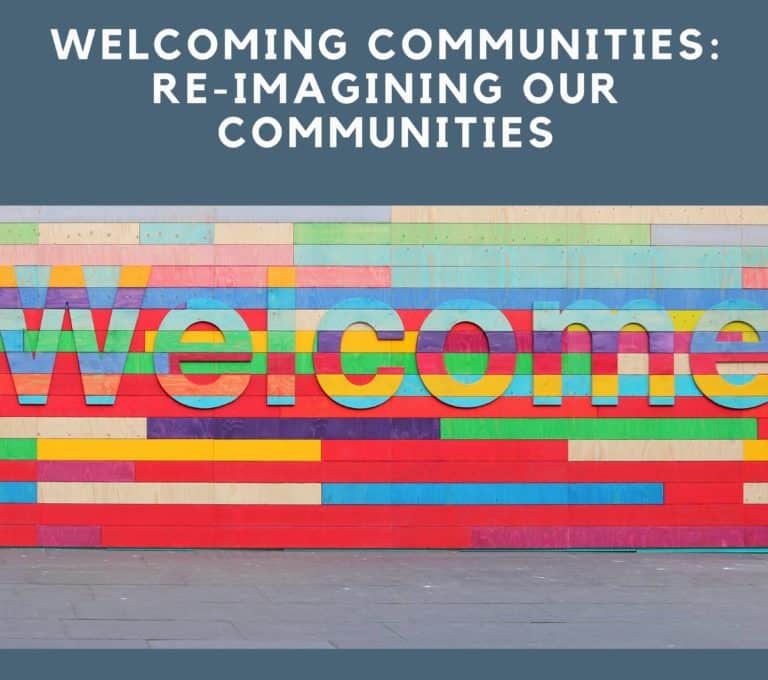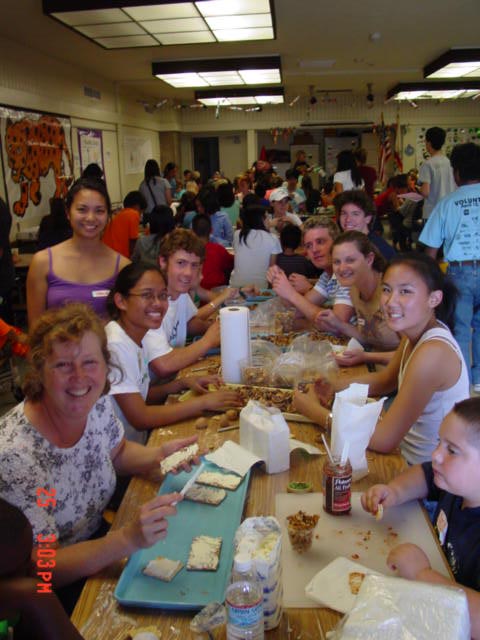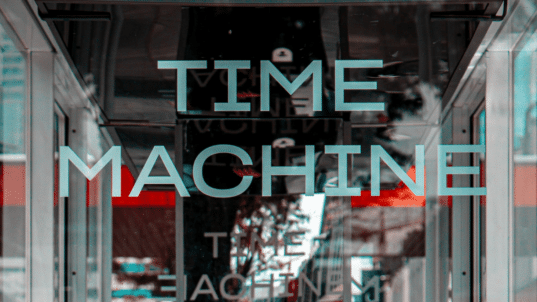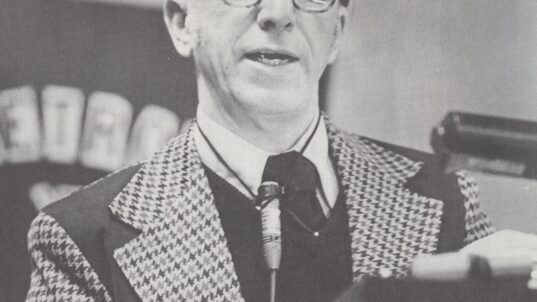 This successful 6-week course of exploratory discussions with residents of Leisure World in Silver Springs, Maryland brought forth many different ideas about how our communities could be transformed to be more welcoming, inclusive, diverse, and equitable. Perhaps as importantly, however, the concluding comments from participants also demonstrate that their discussions helped to build a stronger sense of community among the participants and nurtured some valuable personal transformations as well.
This successful 6-week course of exploratory discussions with residents of Leisure World in Silver Springs, Maryland brought forth many different ideas about how our communities could be transformed to be more welcoming, inclusive, diverse, and equitable. Perhaps as importantly, however, the concluding comments from participants also demonstrate that their discussions helped to build a stronger sense of community among the participants and nurtured some valuable personal transformations as well.
“It was encouraging hearing people with similar ideas and feelings—and those who might have thought of things you’d never thought of. It is just very much eye opening to listen and hear other people.”
“I looked forward to it and the time went so fast. I don’t feel that I was at a meeting or a class. I felt like I was at a party, where I have friends and we could talk about things that I was really interested in. …I just would love to continue doing this.”
“I found that what the discussions lead to was more inner awareness. We have the discussions, and then I go back and think about it. I found it really good for me, for my inner growth.”
“I was terrified the first time…[but] I became more comfortable speaking out than I would have ever anticipated… I feel that I grew … I feel much more like a grown-up now. I worked on one of my great fears and everyone made me feel very comfortable and I appreciate that.”
 While our goals for any exploratory discussion program always include building community among the participants and providing opportunities for personal growth, it was especially encouraging in this case to have participants so clearly and directly confirm the realization of these goals. This was particularly true for this 6-week course because it was another experiment for us in combining two different formats for exploratory discussion: combining i) components of our longer-term “developmental discussions,” in which a select group of participants develop policy possibilities, with ii) components of our shorter-term and online “community conversations,” in which self-selected participants typically engage with content developed by others as starting points for their discussions. In this case, this experiment in combining discussion formats appears to have been largely successful.
While our goals for any exploratory discussion program always include building community among the participants and providing opportunities for personal growth, it was especially encouraging in this case to have participants so clearly and directly confirm the realization of these goals. This was particularly true for this 6-week course because it was another experiment for us in combining two different formats for exploratory discussion: combining i) components of our longer-term “developmental discussions,” in which a select group of participants develop policy possibilities, with ii) components of our shorter-term and online “community conversations,” in which self-selected participants typically engage with content developed by others as starting points for their discussions. In this case, this experiment in combining discussion formats appears to have been largely successful.
Of course another primary goal for exploratory discussion programs is the development of a generative range of policy ideas or possibilities—both in breadth and depth. Here too these participants’ discussions on the topic of “Welcoming Communities” were successful. Some of the different policy possibilities (or frameworks) and some of the key implementations within those frameworks include the following.
- Enabling Diversity & Inclusivity—re-imagining our communities as multi-racial, multi-cultural, multi-generational, and multi-class. And adopting changes to both our physical and social/cultural environments to enable and nurture such diversity and inclusivity, including—
- More diverse housing options, integrating high, middle, and low-income housing; more and better public meeting spaces and other third spaces that strengthen community; and
- Written goals, policies, procedures, and outreach to address the legacies of exclusion
- Multi-cultural and multi-generational programs and services.
- Fostering Community Spirit—focusing on building and sustaining a shared sense of and commitment to—
- Neighborliness, public trust, engagement
- Diversity and inclusivity as shared values for the community; that make it stronger
- Community service – wide engagement, multiple options, services, roles, etc.
- Continuing opportunities for education, engagement, learning for all
- Community wide events and programming (arts, entertainment, shopping, etc.).
- Increasing Outreach—more and better coordination and interaction—
- Within a community: ambassadors and others to personally welcome and orient new members; personal invitations and introductions to others, to opportunities for service, services, and leadership roles.
- Across communities: communication, coordination, creation of joint programs (mentoring, assistance, education, entertainment), and celebrations (holidays and other cultural events).
- Leadership Committed to Inclusivity, including—
- Written commitments to diversity, inclusivity, and equity in mission statements, policies/rules, and marketing/publicity
- Long-term, strategic planning and budgeting that includes goals and funding for welcoming, diversity, and inclusion
- Cultivating the next generation of diverse leaders – invitations and mentoring
- Openness to change and to ongoing research, education and training in best practices for diversity and inclusion.
Next steps in this timely and ongoing project include incorporating these and other participant ideas into a couple different documents: 1) a report for this project’s partners at Leisure World that will include some ideas that are more specific to that community; and 2) an initial draft of a more general discussion guide that could be useful as a starting point for similar discussions in other communities interested in this topic.
You can find out more about this project, including the overall course outline and the weekly discussion summaries, on the Welcoming Communities project page.



